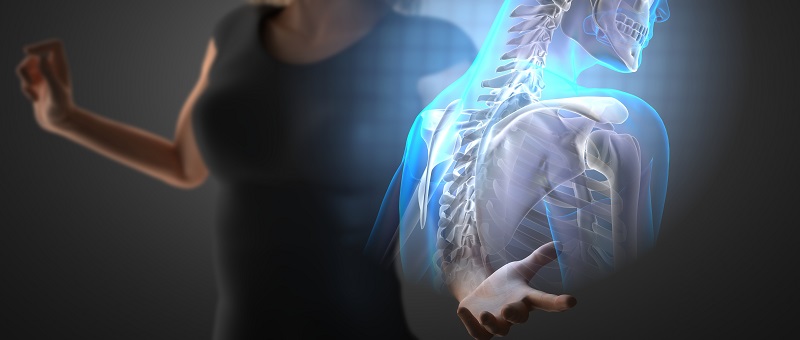Why We Shrink As We Age
Category: Spine | Author: Stefano Sinicropi

If you’re in your wonder years, you may be surprised to find that you’ve lost a little height since the last time you checked how tall you are. So why are we prone to losing a little height as we get older? The answer to that question lies in our spine.
Your Spine and Your Height
According to medical data, the average person loses about ¼ to ½ inch every decade after the age of 40, and those height losses tend to get more significant in our later years. This is especially true for women, as the Baltimore Longitudinal Study of Aging found that that average woman loses about two inches between the ages of 30 and 70 and just over three inches by the age of 80. Men tend to lose about one inch by age 70 and two inches by 80, but there is variability among both sexes.
The biggest factor in why we appear to shrink as we get older is because of our spine. When we’re younger, our spinal discs have a high percentage of fluid in them. This fluid helps to absorb shock over the years, but every so slowly, these discs lose some of that fluid. This natural loss of fluid narrows each affected disc, which shortens the spine. If you have a history of disc herniations, dehydration of spinal discs can happen much sooner in life, or at a more rapid pace.
Another contributing factor to height loss as we age is osteoporosis. Osteoporosis involves the loss of bone density, and if this occurs in the spine, you may notice a small loss in height. It can also increase a person’s risk of fracture from falls or trauma. Between disc fluid loss and osteoporosis, most people will experience some marginal loss in spinal curve height.
Preventing Height Loss
Since height loss occurs through a completely natural process, there’s nothing you can do to reverse the problem. However, there are some things you can do to prevent the issue from worsening. Getting regular exercise will strengthen your spinal discs and can help prevent some fluid loss. Additionally, make sure you are preventing bone density loss by getting plenty of calcium and Vitamin D in your diet. If you don’t get enough from foods, consider adding a daily supplement to keep your bones dense and strong.
For more tips on keeping your spine healthy and preventing height loss as you get older, reach out to Dr. Sinicropi’s clinic today.